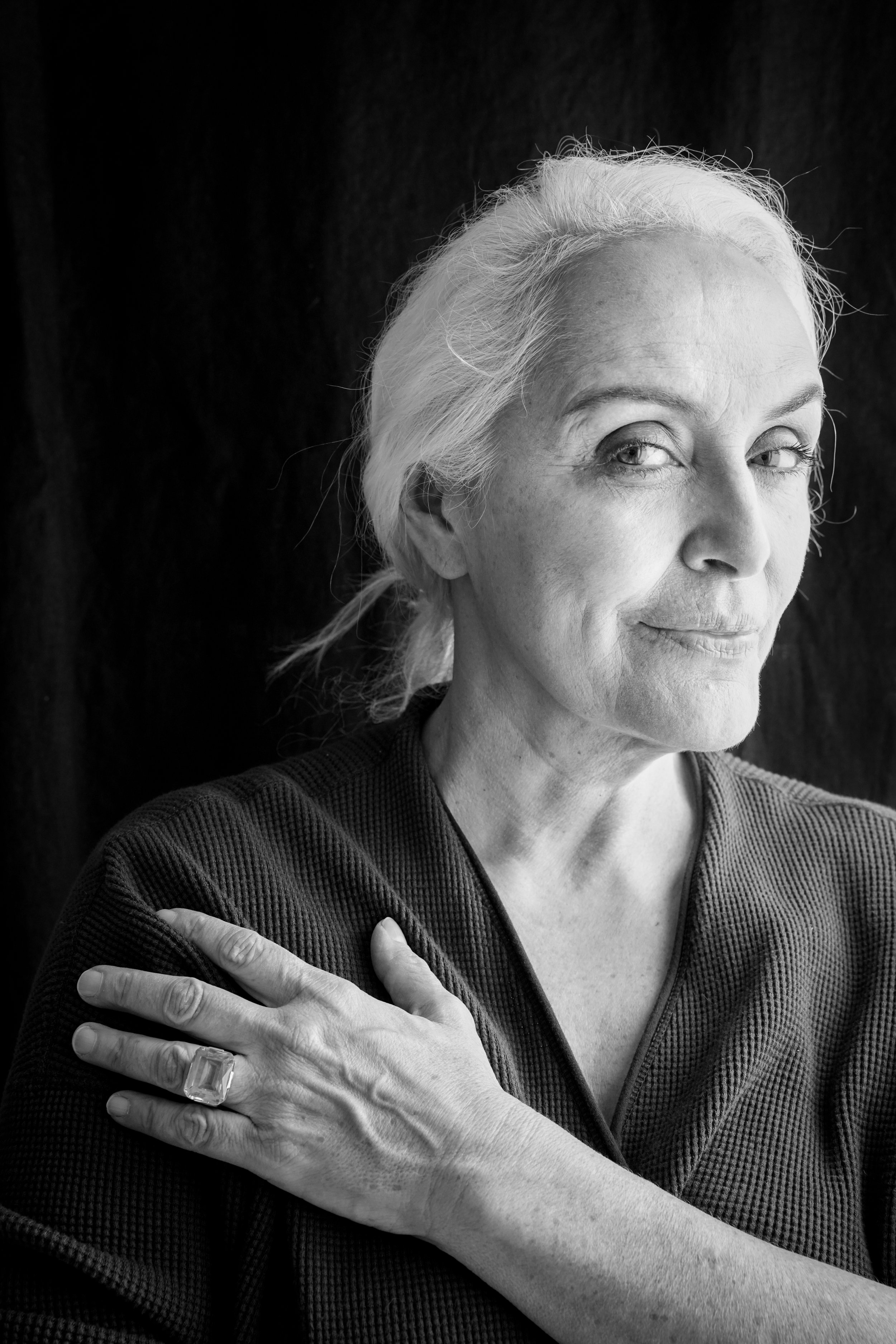Natalie Chanin
The Alabama Chanin founder has been at the helm of sustainable design for over 20 years
Our community in Alabama was once known as the T-shirt-making capital of the world, but after the North American Free Trade Agreement (NAFTA) went into effect in 1994, businesses started to close. Prior to that, the cotton for the T-shirts had been grown, ginned, spun, netted, cut, sewn, embroidered, and dyed all within a mile radius. Then they were shipped all over the world. With NAFTA, not only did the work move away, but the machines did too. They were either sent overseas or scrapped for metal. People who'd grown up working in textiles were suddenly without jobs.
I lived in New York around that time and had this vision to make 200 one-of-a-kind T-shirts using a simple quilting stitch. It was hard to find anyone to help in N.Y.C. so I drove home [to Florence, Ala.] in 2000 with a carload of vintage T-shirts and ran an ad for part-time hand sewers and quilters. About 20 women showed up and sewed those 200 pieces. The collection ended up selling out at Barneys New York.
As our collections evolved, so did the skills of the artisans we worked with. Now we make very elaborate embroideries. Our handmade and machine-made garments are a full circle reflection of our community, from the early quilting circles to the manufacturing that was happening in Alabama before NAFTA.
It's absolutely critical that we invest in local and American craft. We've seen why with all the supply chain struggles that have happened recently. I don’t want to over-dramatize it, but it’s a case of national security. We need to be able to feed, clothe, and shelter ourselves and each other. When we get to the point where that’s not possible, we're in great jeopardy. That is the case on a local, regional, and national level.
I know a lot of people think I'm completely against outsourcing, but it’s not true. We use a thread that comes from Northern Europe and it is the best thread we've been able to find on the planet. It's strong, it doesn't fall apart, and it works beautifully in our machines. It's more expensive, but it's organic. It supports a great company that's doing really good work.
If you're outsourcing so that you can get the cheapest fabric that's not made in a way that's respectful to a community then that's not good enough. We don't need those things that badly. Especially when we could be supporting people closer to home. There is always a conversation about cost but when we build safe and secure supply chains, prices actually go down.
A great place to start is by supporting the fiber-to-fabric supply chain in the U.S. We could get knitting and weaving mills into stable positions so that they are able to supply the fabrics that our national designers need.
Our business is over 20 years old. It's amazing that we've been here this long. It’s also funny because there are things that we worked on years ago that we're still working on today. Some days it feels like we’ve gotten pretty good at it. And other times it feels like, ‘Oh my goodness, how do we keep going for the next 20 years?’ I think it depends on the day you call me. [Laughs]
- As told to Sarah Cristobal




